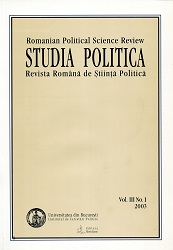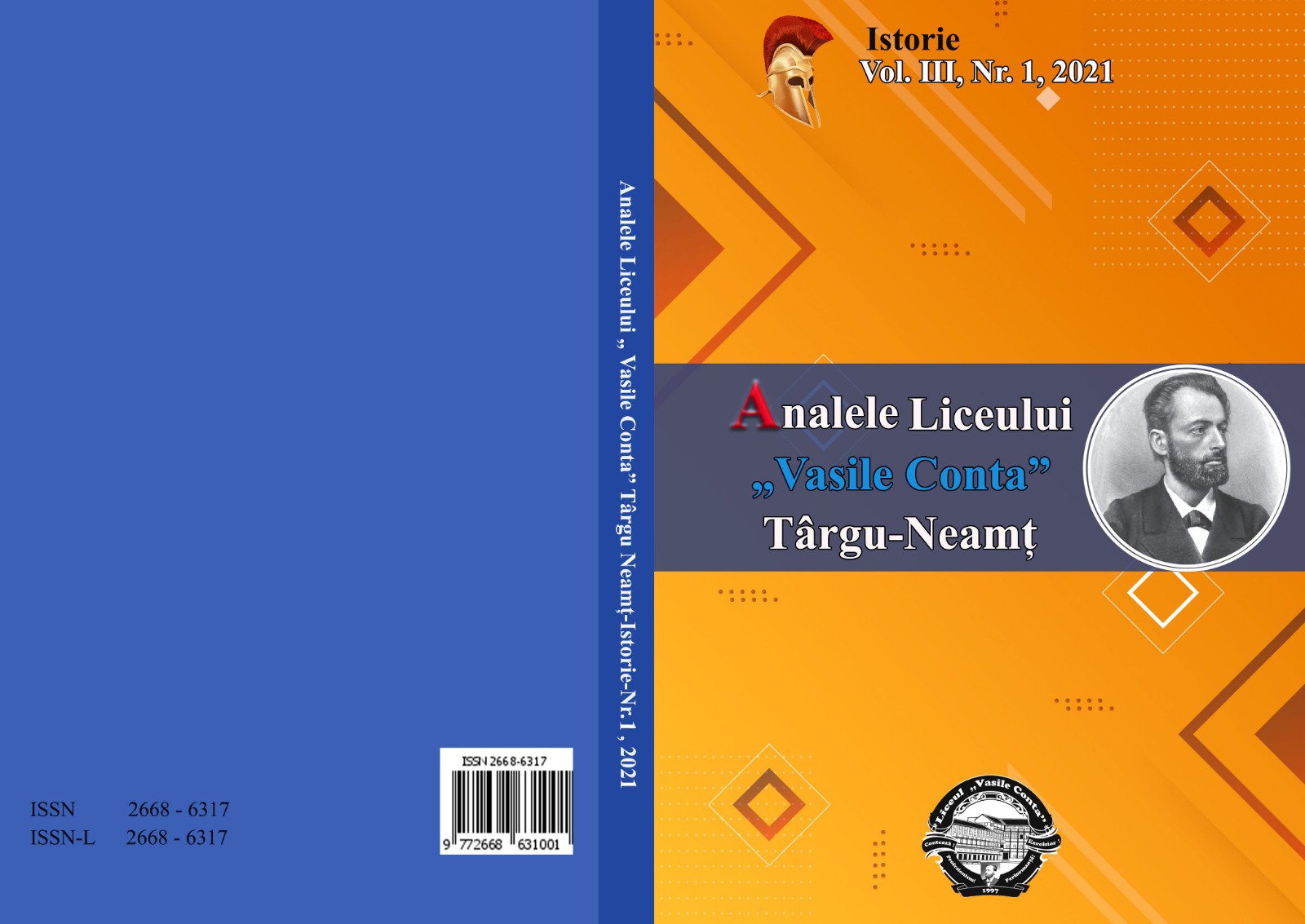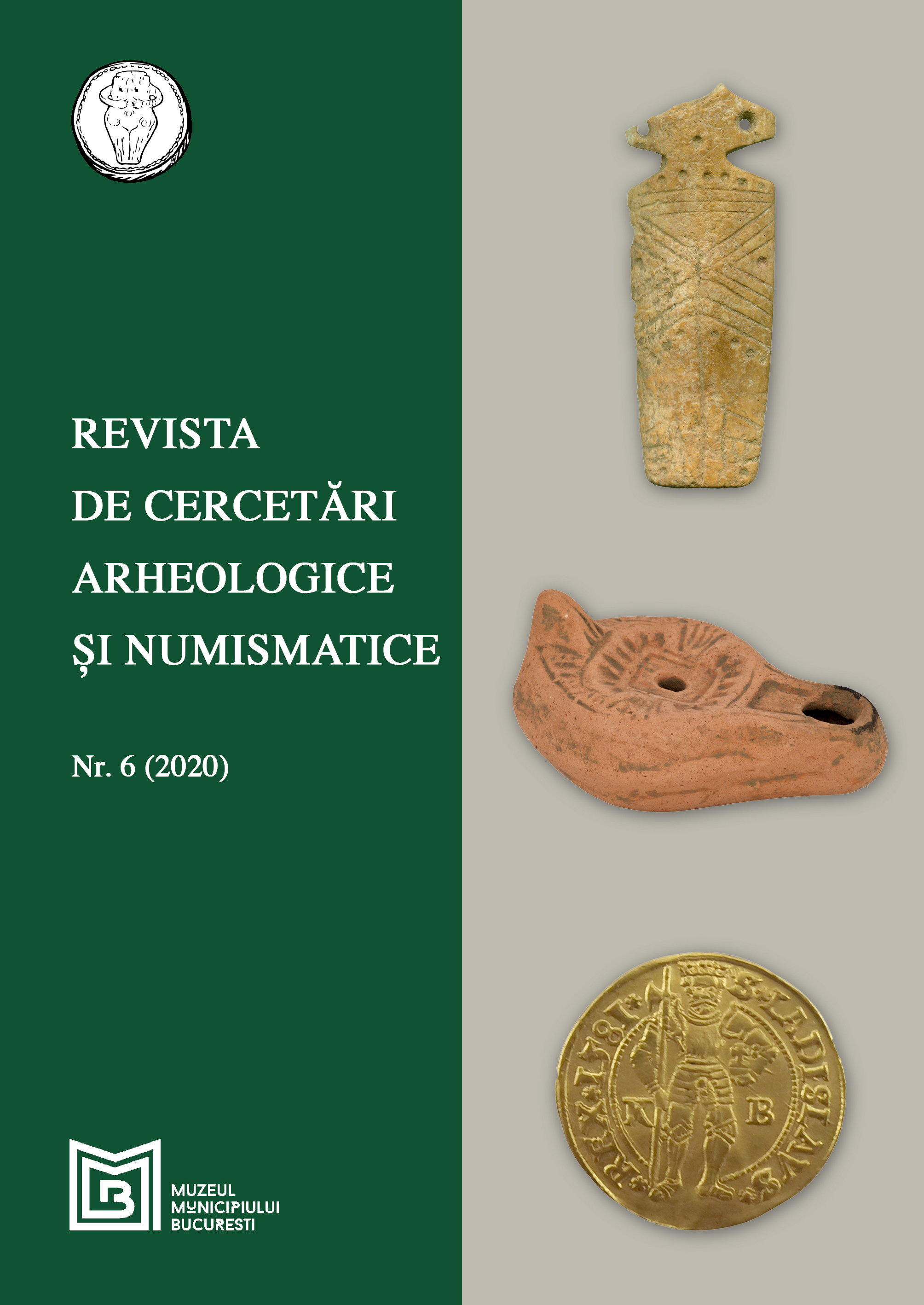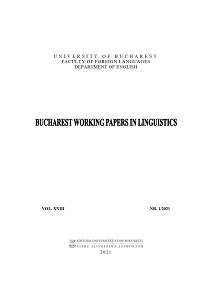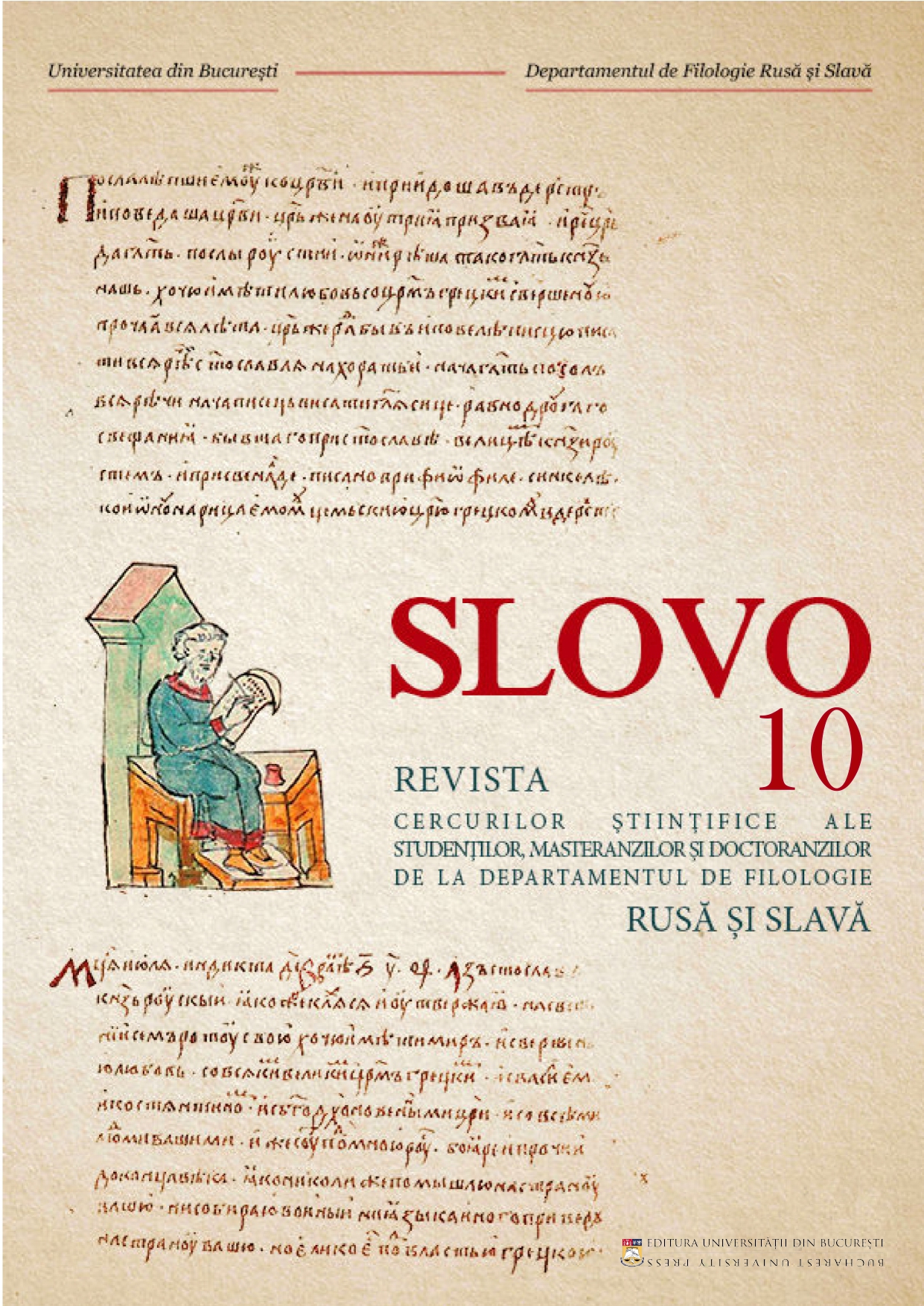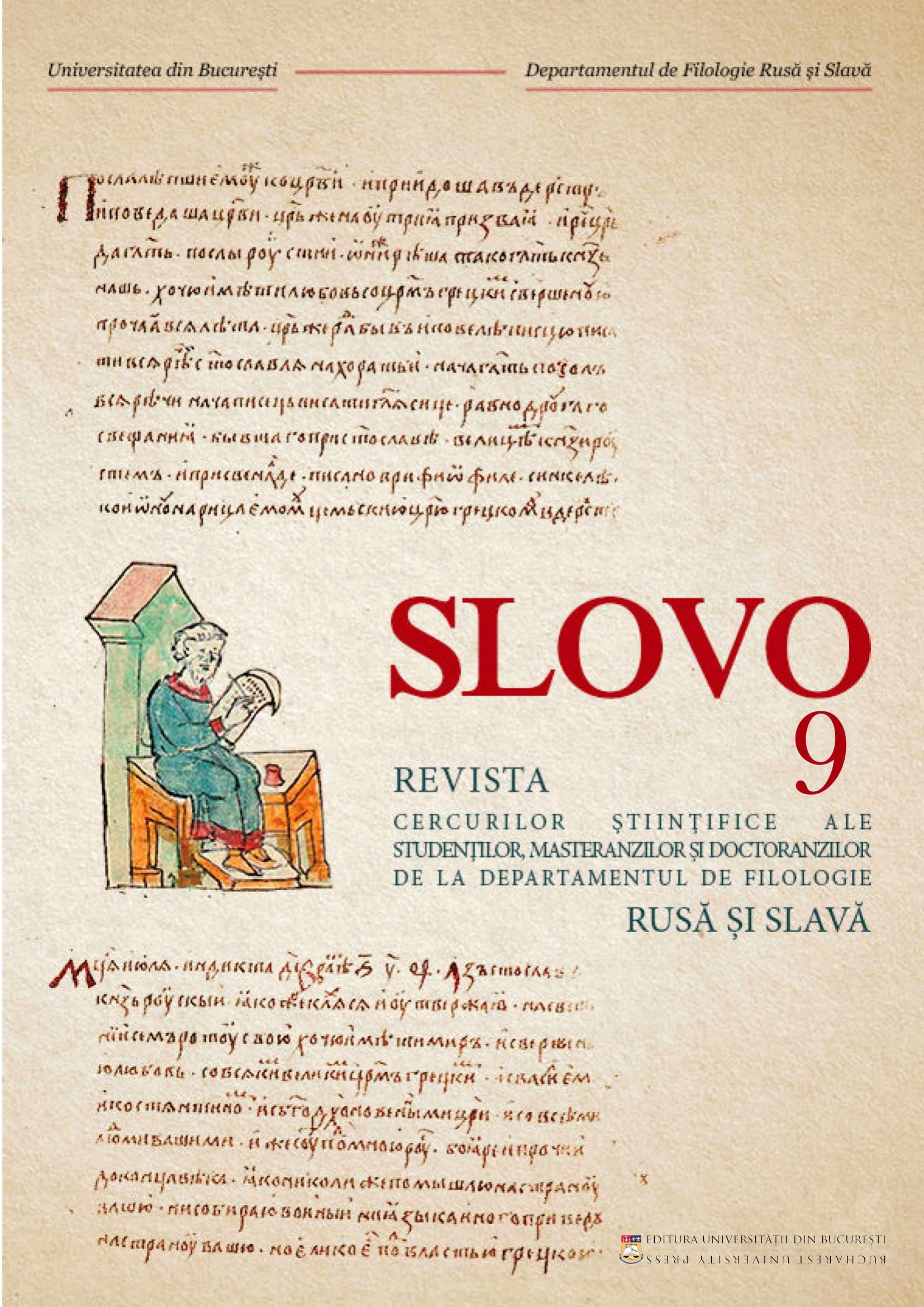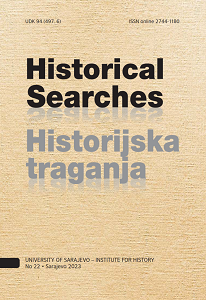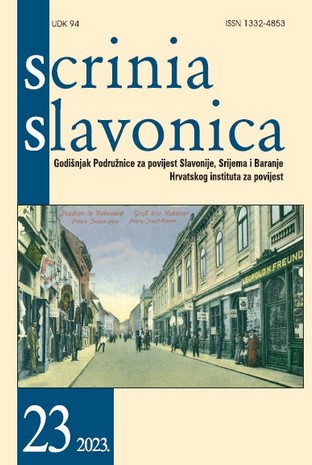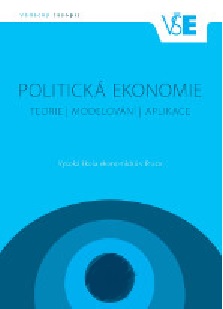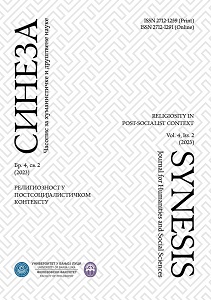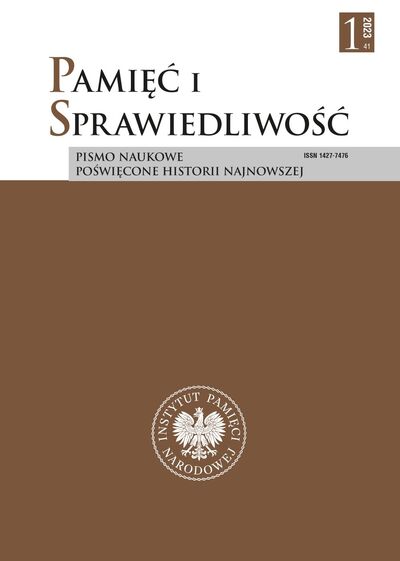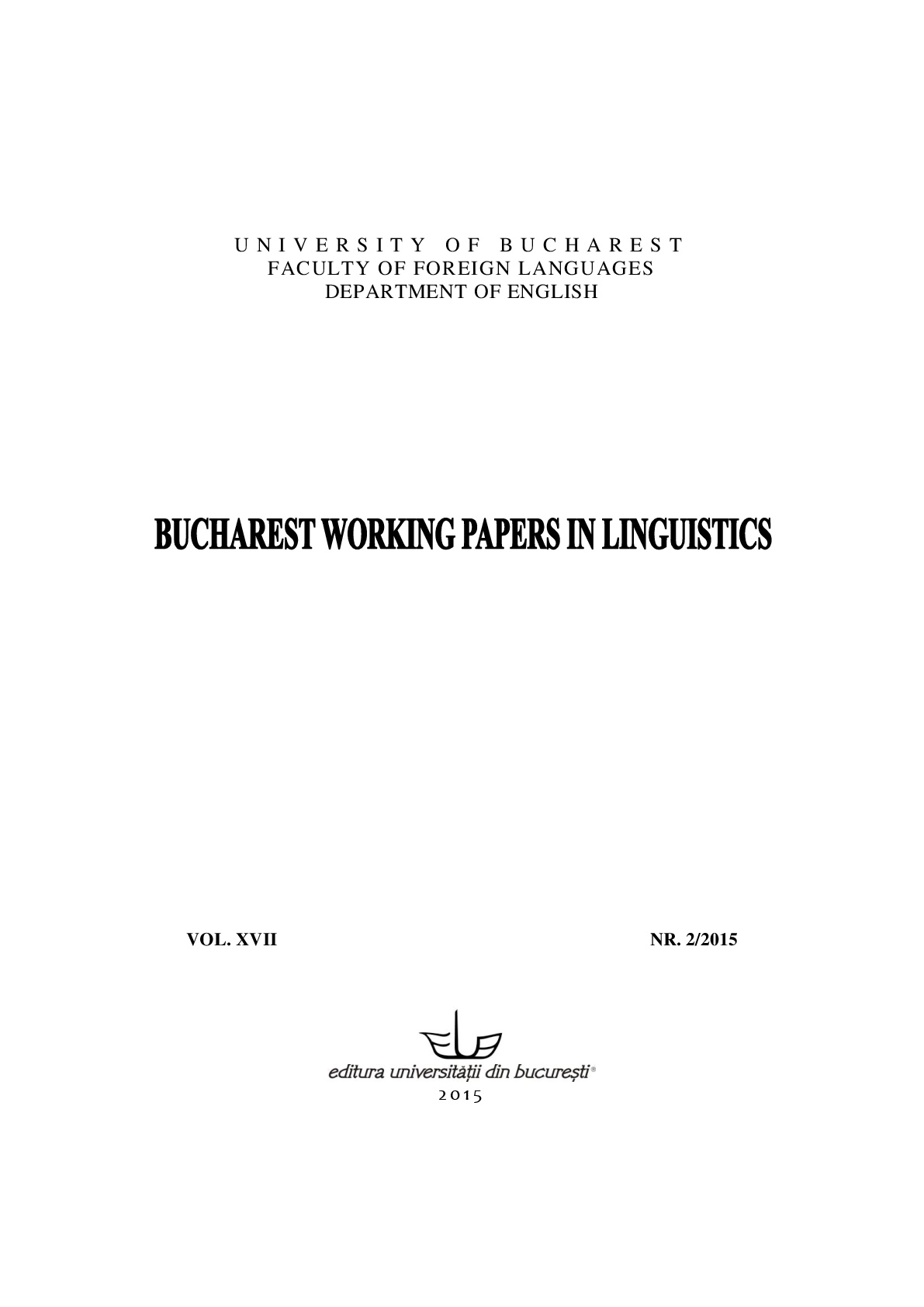
The diffusion of Pacific English-lexifier pidgins and creoles: Evidence from Australian Kriol
Australian Kriol is an English-lexifier creole, spoken in the Northern Territory and adjacent areas of Western Australia and Queensland, which has generally not been considered in previous comparative work on English-lexifier pidgins and creoles. In this paper I adopt an approach used in research on the historical-linguistic relationships among English-lexifier contact languages (Baker and Huber 2001), which takes into account specific diagnostic features recorded at any time in their history. The findings have several implications. First attestations in Australian Kriol provide further data relevant to any investigation into issues such as the origin and diffusion of diagnostic features and the genetic relationships holding among the Pacific English-lexifier varieties. Also, the feature-based approach adopted allows for the quantification of the degree of affinity of Australian Kriol with other potentially relevant Pacific English-lexifier pidgins and creoles. Finally, evidence from Australian Kriol – corroborated with that provided by other Pacific English-lexifier contact languages (Avram; 2004-a) – demonstrates that a number of diagnostic features hitherto believed to occur only in Atlantic varieties (Baker and Huber 2001) have in fact a world-wide distribution.
More...
